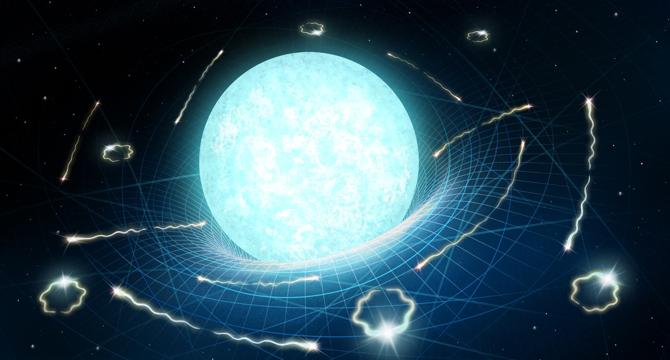Popsci
1M
321

Image Credit: Popsci
The universe may die sooner than expected
- Astrophysicists' current models suggest the universe could end in around 10¹¹⁰⁰ years, but new calculations indicate it could end much sooner due to the nature of black hole particles.
- A study published in the Journal of Cosmology and Astroparticle Physics suggests that stellar remnants due to decay could take only 10⁷⁸ years before the universe's demise, attributed to Hawking radiation.
- Hawking radiation, theorized by Stephen Hawking, introduces a scenario where particles can escape black holes, causing a slow decay of the universe over time.
- The revised calculation considering Hawking radiation puts the demise of the universe at 10⁷⁸ years, affecting objects like white dwarfs, neutron stars, and black holes.
Read Full Article
19 Likes
For uninterrupted reading, download the app